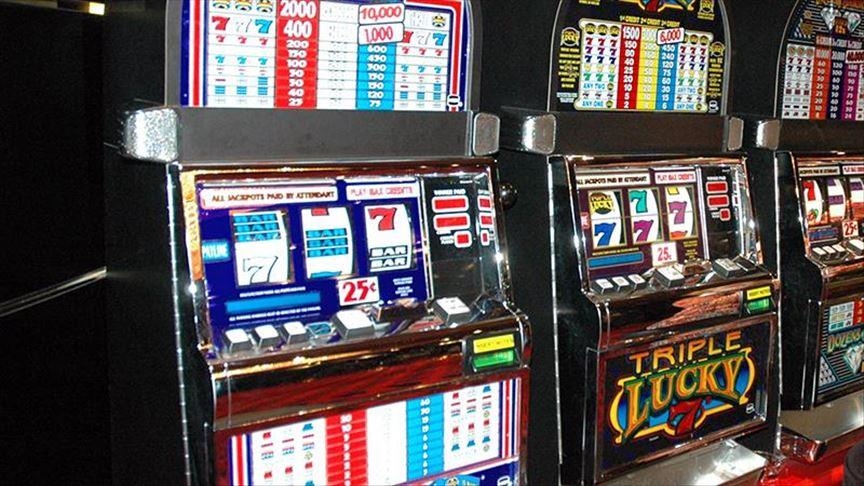Mubarak in Syria For Talks on Lebanon Withdrawal
“The talks are expected to focus on Lebanon and tackle other regional issues including Iraq and the Middle East (peace process),” a diplomat told Reuters on condition of anonymity.
As soon as Mubarak arrived in the Syrian capital, he engaged in talks with the Syrian leader, the official Syrian Arab News Agency reported, but declined to give further details.
Mubarak is expected to press Syria for pulling out 14,000 soldiers and intelligence apparatus from Lebanon, a request the Egyptian president had first made along with other Arab countries as Saudi Arabia two weeks ago.
Assad criticized some Arab regimes, without naming names, for their position on the withdrawal from Lebanon, for which the United States and France have been piling pressure on Damascus.
Mubarak’s Egypt and Saudi Arabia are key allies of the United States.
The talks with Mubarak came after Assad pledged two-stage military withdrawal from Lebanon during talks with UN envoy Terje Roed-Larsen on Saturday, March 12.
“The first stage will see the relocation of all military forces and intelligence apparatus to the Bekaa Valley by the end of March. Further, a significant number of these Syrian forces, including intelligence (personnel), will be withdrawn from Lebanon into Syria during this stage,” Larsen said reading from a statement.
“The second stage will lead to a complete and full withdrawal of all Syrian military personnel, assets and intelligence apparatus,” added the UN envoy.
Consultations
Mubarak-Assad talks come as Lebanon’s Prime Minister-designate Omar Karami started talks on Tuesday on forming a unity government to end the ongoing political stand-off in the Arab country.
Karami was designated by Lebanese President Emile Lahoud on Thursday, March 10, to form a national unity government.
Consultations to form the government come only one day after hundreds of thousands of flag-waving anti-Syrian protesters flooded central Beirut demanding a Syrian military pullout from the tiny country.
The anti-Syria protestors also pressed for setting up an international inquiry into the assassination of former Lebanese prime minister Rafiq Hariri and the sacking of the Lebanese security chiefs, who were blamed by the opposition for Hariri’s killing.
Bahiya Hariri, sister of the slain ex-premier and an MP, had harsh words for Syrian-backed officials, but reached out to Syria and Hizbullah, its main Lebanese ally.
“We will stand by Syria until its land is liberated and it regains its sovereignty on the (Israeli-) occupied Golan Heights,” she told Monday’s protest, drawing boos from the crowd.
Hailing Hizbollah’s armed struggle against Israeli occupation of Lebanon, she said: “We insist on building together with them the future of great Lebanon.”
Chanting “Beirut is free, America out”, Hundreds of thousands of Lebanese – some said 1.5 million — swarmed into central Beirut Tuesday, March 8, in response to calls by pro-Syria powers in Lebanon, raising slogans of “gratitude for Syria” and outright rejection of US-led international interference in Lebanese-Syrian affairs.



